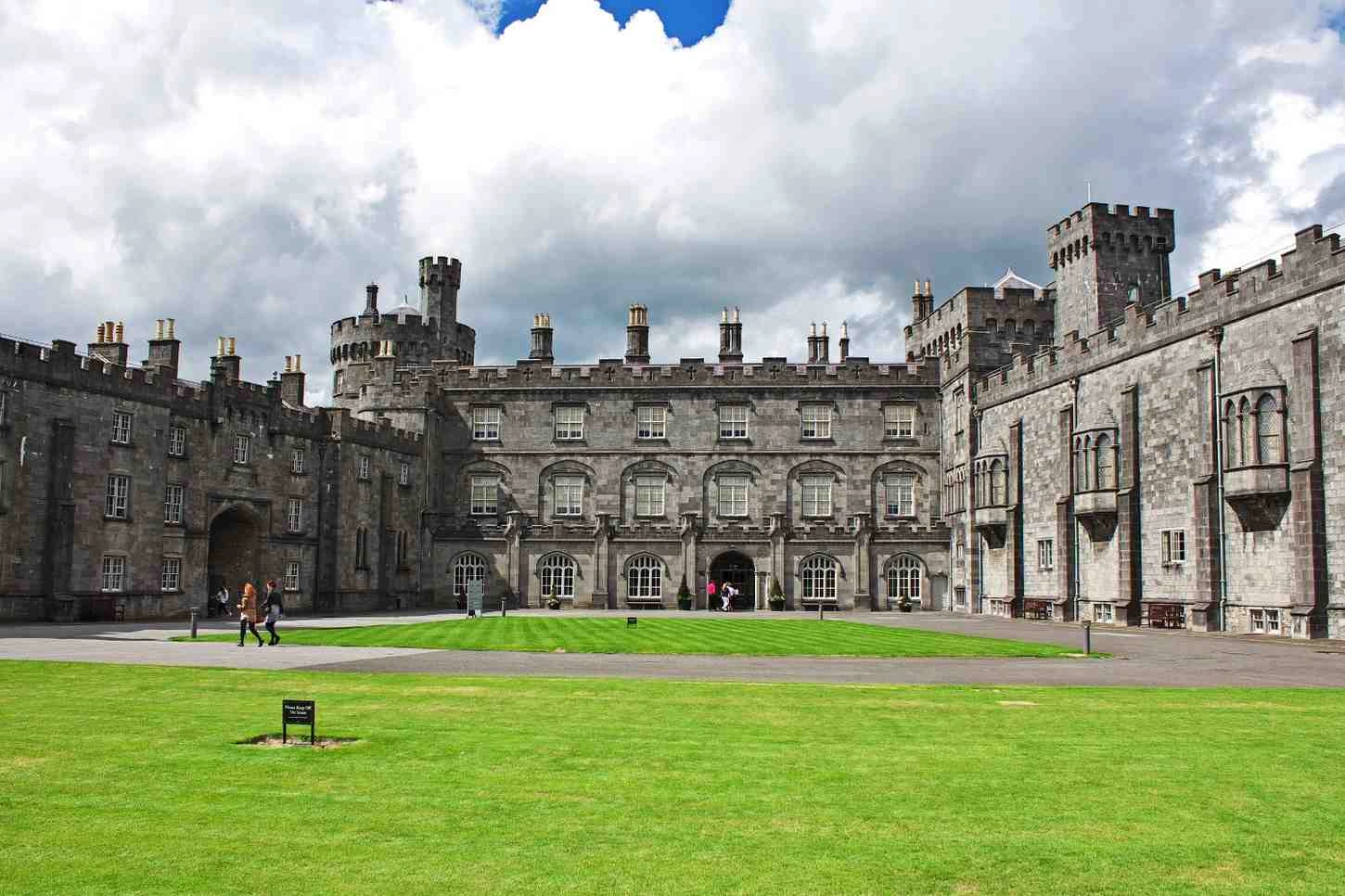Master of Business Administration will offer you a wealth of advantages by developing your professional skill set. Did you know that according to The Graduate Management Admission Council (GMAC), 86% of MBA students found suitable employment opportunities post-completion of the degree? However, with more students pursuing business management, you need to gain a competitive advantage by opting for a specific area of specialisation. Here are some interesting insights into courses to pursue after MBA. So, let’s dive in.
Key Highlights
- After MBA which course is best?
- Best course after MBA Finance
- After MBA HR which course is best?
- Best course after MBA marketing
- Short-term courses after MBA

After MBA which course is best?
If you want to gain expert knowledge in a specific field and are ready to dedicate 1-3 years post-completion of your MBA, you must decide on the specialisation. You can select the course that suits you the best based on your research-backed plan, previous academic background and future career aspiration.
Here are some interesting courses to consider
-
Doctor of Business Administration
This study program will give you are renewed, research-oriented and practical outlook. You can gain industry-specific skills to work as a consultant to leading businesses. Also, if you aim to be a professor and develop pedagogical skills, this course is for you.
-
Post Graduate Diploma in Computer Applications
For students who have a STEM background and intend to build a management career in a related industry, this programme can boost your career. You will learn the latest developments in software applications and programming languages that can open up new dimensions of opportunities in the IT sector. -
Executive MBA
As a working professional, you often need to sharpen your management skills to climb up the corporate ladder. Executive MBA is a fantastic choice as you can relate the case studies taught during the course to your work scenarios.
Best course after MBA Finance
Financial management covers expansive knowledge related to macroeconomic factors affecting world economics. It has some interesting subjects, such as financial markets, risk management, portfolio analysis, investment and banking, tax, and capital markets. Depending on your interests, you can choose from various courses.
Some diploma and certification courses to consider after MBA in Finance:
- Financial Accounting
- Corporate Finance
- Financial Risk Management
- Cost accounting
- Financial analysis
After MBA HR which course is best?
If you are a people person and have administrative skills, this stream is for you. With MBA, you can find interesting opportunities in human resource domains such as talent acquisition, learning and development, employee engagement, HR compliance and compensation and benefits. You can choose the course based on your career plans.
Some popular study programs to pursue after MBA HR
- Executive Diploma in Human Resource Management
- Associate Professional in Talent Development
- Certified Professional in Learning and Performance
- Certified course in Talent Management
Best course after MBA marketing
Any organisation’s marketing function involves multiple processes, from acquiring new customers to product development. If strategies to sell products and services, profitability and advertising interest you, you can choose the right specialisation to excel in this field. The decision to select the best course should be based on your previous academic qualification and innate ability.
Some fascinating courses to pursue after MBA in marketing
- Marketing Management Professional Courses
- Diploma in Digital Marketing
- PG Diploma in Capital Marketing Management
- Certification course in Marketing Analytics
Short-term courses after MBA
In the fast-paced world, many business management aspirants opt for short-term study programs to commence their careers soon after completing their higher education. These programs will be for 6 months to 1 year, depending on the coursework. Generally, diploma, certification, skilling, upskilling and reskilling courses are suitable for pursuing higher education after MBA.
Some interesting short-term courses after MBA
- Certified Information Systems Auditor (CISA)
- Certificate Programme in Business Analytics
- Certification in Risk Management Assurance
- Diploma in Project Management
- Diploma in Data Analytics
So, with this information, you can set out on your academic quest. If finance-related worries are keeping you from opting for quality education, you can opt for a loan for education. Education loans to study abroad are a fantastic way to pursue higher studies in your preferred destination. No matter which course you pursue, conventional, non-conventional, skilling, upskilling, reskilling or vocational, Avanse Financial Services will always assist you in your academic journey.
At Avanse Financial Services, we offer hyper-personalised education loans with multiple benefits such as 100% finance, quick sanctions and flexible repayment options. To learn more about student loans, please contact us today!











